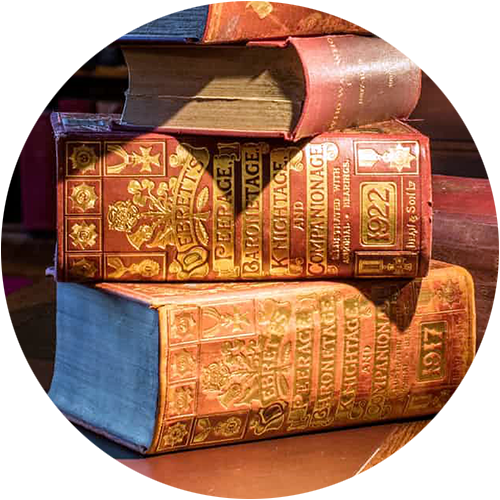Commercialisation et reconfiguration
du passé nobiliaire
sur un long dix-huitième siècle
–
Stéphane JETTOT

Résumé
Mes recherches portent sur les pratiques érudites et mémorielles des élites britanniques sur un long XVIIIe siècle (1660-1830). L’essor des pratiques consuméristes s’est traduit par une importante production d’imprimés destinés à la sociabilités des élites : almanachs, annuaires, histoires urbaines et guides de voyage. Les libraires, en particulier à Londres, ont aussi investi dans toute une gamme de recueils généalogiques, du format poche aux luxueux folios.
Ce nouveau marché s’est traduit par une reconfiguration du passé nobiliaire. Les éditeurs et leurs clients, parmi les elites anciennes et nouvelles, se sont associés pour transformer leurs arbres généalogiques, leurs récits ancestraux en des supports destinés à un plus large public. Ces pratiques commerciales et culturelles ont non seulement accompagné les très fortes mobilités sociales de la période dans les îles britanniques comme dans leurs colonies.
En laissant de côté la question de leur éventuelle fiabilité, il est en effet possible d’envisager ces sources comme une ressource importante dans la transformation des hiérarchies sociales. Mais elles ont aussi transformé la significations des discours généalogiques, en les insérant dans un récit unificateur et patrimonial destiné à l’ensemble de la nation.
—
My research revolves around the learned and memorial practices of the British elite in the long 18th century. One of the byproduct in the growth of consumerist practices was the production of many publications aimed at easing the sociability of the elites: almanacs, travel guides, urban histories and directories. Prominent booksellers, mostly in London, invested also in a large range of genealogical compilations, from the pocket-size to the luxury folios.
This emerging market let to the reconfiguration of the noble past. Publishers and their customers, both among the new and the established elites, collaborated in order to turn their pedigrees and their ancestral narratives into profitable products for a larger public. These commercial and cultural practices took place during a period of considerable social mobility in Britain as well as in the colonies.
Setting aside the vexed question of their credibility, they should be considered as a significant ingredient in the remaking of social hierarchies. Furthermore they modified the purposes of genealogies, by incorporating them into a more inclusive and patrimonial narrative for the whole nation.

